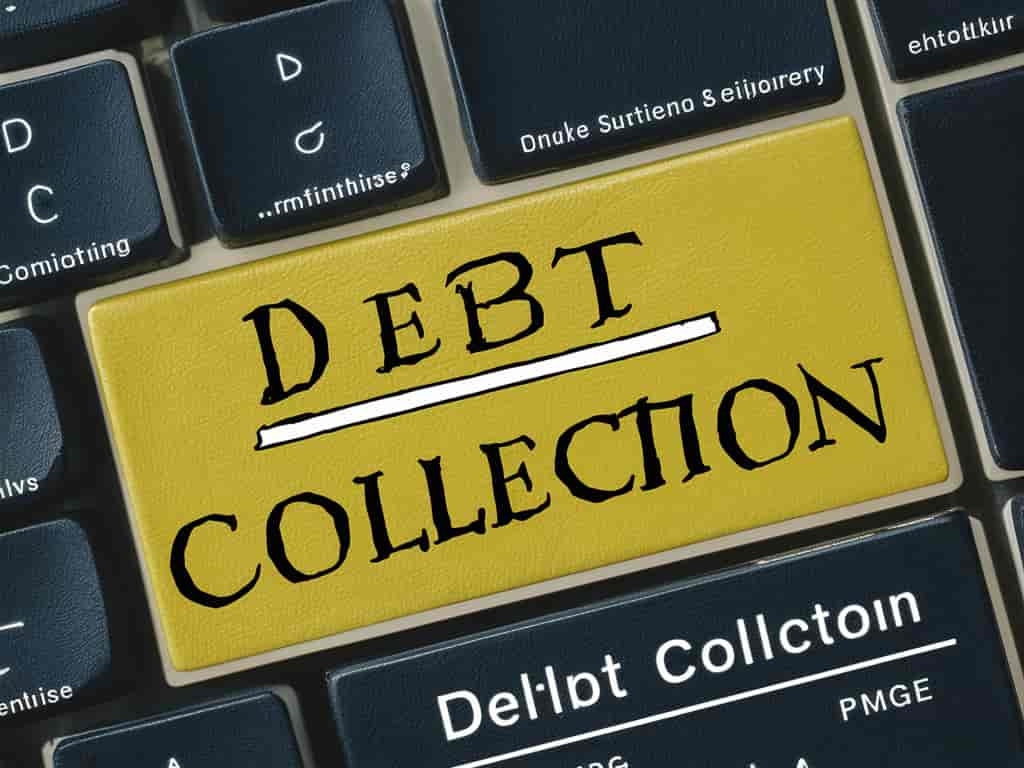
Introduction
Debt collection is a crucial aspect of financial management that affects both creditors and debtors. Understanding what is debt collection and how it works can help individuals manage their financial obligations more effectively and protect their rights.
Definition of Debt Collection
Debt collection involves the process of recovering unpaid debts from individuals or businesses. This process is initiated when a debtor fails to pay a debt according to the agreed terms. The purpose of debt collection is to ensure that creditors receive the money owed to them, which helps maintain financial stability and liquidity.
Role of Debt Collectors
Debt collectors are individuals or agencies tasked with recovering outstanding debts. They contact debtors to arrange for payment and may represent original creditors or have purchased the debt themselves. Types of debt collectors include:
Collection Agencies: Firms hired by creditors to collect debts on their behalf.
Debt Buyers: Companies that purchase delinquent debts at a discount and attempt to collect the full amount.
Lawyers: Attorneys specializing in debt collection cases.
Debt collectors contact individuals to notify them of their debt and seek repayment. They use various methods, such as phone calls, letters, and emails, to communicate with debtors.
Debt Collection Process
The debt collection process typically involves several steps:
Initial Contact: Debt collectors reach out to debtors to inform them of the outstanding debt.
Verification and Validation: Collectors verify the debt's legitimacy and validate the amount owed.
Collection Methods: Collectors use calls, letters, and emails to remind debtors of their obligation and negotiate repayment plans.
Legal Framework and Consumer Rights
The Fair Debt Collection Practices Act (FDCPA) governs the actions of debt collectors to protect consumers from abusive practices. Key aspects include:
Validation Notice: A written notice informing the debtor of the amount owed, the creditor's name, and the debtor's rights.
Garnishment: A legal process where a portion of a debtor's wages is withheld to pay off the debt.
Consumers have the right to dispute debts, request verification, and be free from harassment. If a debt collector violates these rights, consumers can report them to regulatory bodies like the Consumer Financial Protection Bureau (CFPB).
Impact on Credit
Debt collection activities can significantly impact a debtor's credit score. When a debt is sent to collections, it is reported to credit bureaus and can remain on the credit report for up to seven years. This negative mark can lower credit scores and hinder the ability to obtain loans, credit cards, and favorable interest rates in the future.
Conclusion
Understanding what is debt collection is vital for managing personal finances and protecting consumer rights. By being informed about the roles and processes involved, individuals can navigate debt collection more effectively. Zindo offer resources and support to help manage debt collection and maintain financial health.
Methods for Managing Financial Debt Collectors
Recognizing just how to respond to debt collection agencies is crucial for navigating the debt collection procedure. Right here are some steps you can take:
Communicate: Reply to preliminary contacts from financial obligation collection agencies. While you don't have to admit the financial obligation, acknowledge the interaction and demand created verification of the financial debt details.
Confirm the Financial obligation: Don't presume the financial obligation is exact. You have the right to demand verification in creating. This includes details like the initial financial institution, quantity owed, and failure of fees. If there are errors, contest them promptly with the enthusiast and initial financial institution if necessary.
Negotiate a Layaway Plan: If the financial obligation stands, explore settlement alternatives. Many financial institutions and financial obligation collectors want to collaborate with debtors to establish a convenient layaway plan. Be clear concerning your budget plan and suggest a practical payment routine.
Know Your Civil Liberties: The Fair Financial Debt Collection Practices Act (FDCPA) protects borrowers from harassment and unfair methods. Financial debt enthusiasts can not call you at unreasonable times or effort to gather with scare tactics. Recognize your legal rights and do not wait to report any kind of offenses to the CFPB.
Seek Help: If you're bewildered by financial obligation, take into consideration seeking aid from a credit rating counselor or not-for-profit organization. These sources can provide guidance on budgeting, debt monitoring, and dealing with lenders and collectors.
Taking a Proactive Method to Financial Debt Management
Debt collection can be a difficult experience, however it does not have to be. By taking positive actions to handle your funds, you can reduce the risk of falling under financial obligation and dealing with collection actions. Right here are some pointers:
Budgeting: Create a realistic spending plan that tracks your revenue and expenditures. Allocate funds for crucial demands, financial obligation repayments, and savings.
Focus On Financial obligations: Prioritize high-interest financial debts initially, as they can accumulate promptly. Consider financial debt loan consolidation to streamline handling numerous financial obligations.
Preserve Open Communication: If you prepare for missing out on a payment, call your financial institution in advance. Clarify your circumstance and discover options like deferment or expanding the due day. Early interaction shows your desire to deal with the financial obligation properly.
Develop an Emergency Fund: Having a monetary safety net can assist cover unforeseen costs and stop you from relying on credit in times of need.
By following these strategies, you can approach financial obligation collection with better self-confidence and take control of your monetary health. Remember, Zindo is below to support your economic trip. We provide a selection of resources and tools to assist you handle your financial obligation efficiently and achieve long-lasting monetary stability.
About the Creator
Enjoyed the story? Support the Creator.
Subscribe for free to receive all their stories in your feed. You could also pledge your support or give them a one-off tip, letting them know you appreciate their work.





Comments
There are no comments for this story
Be the first to respond and start the conversation.